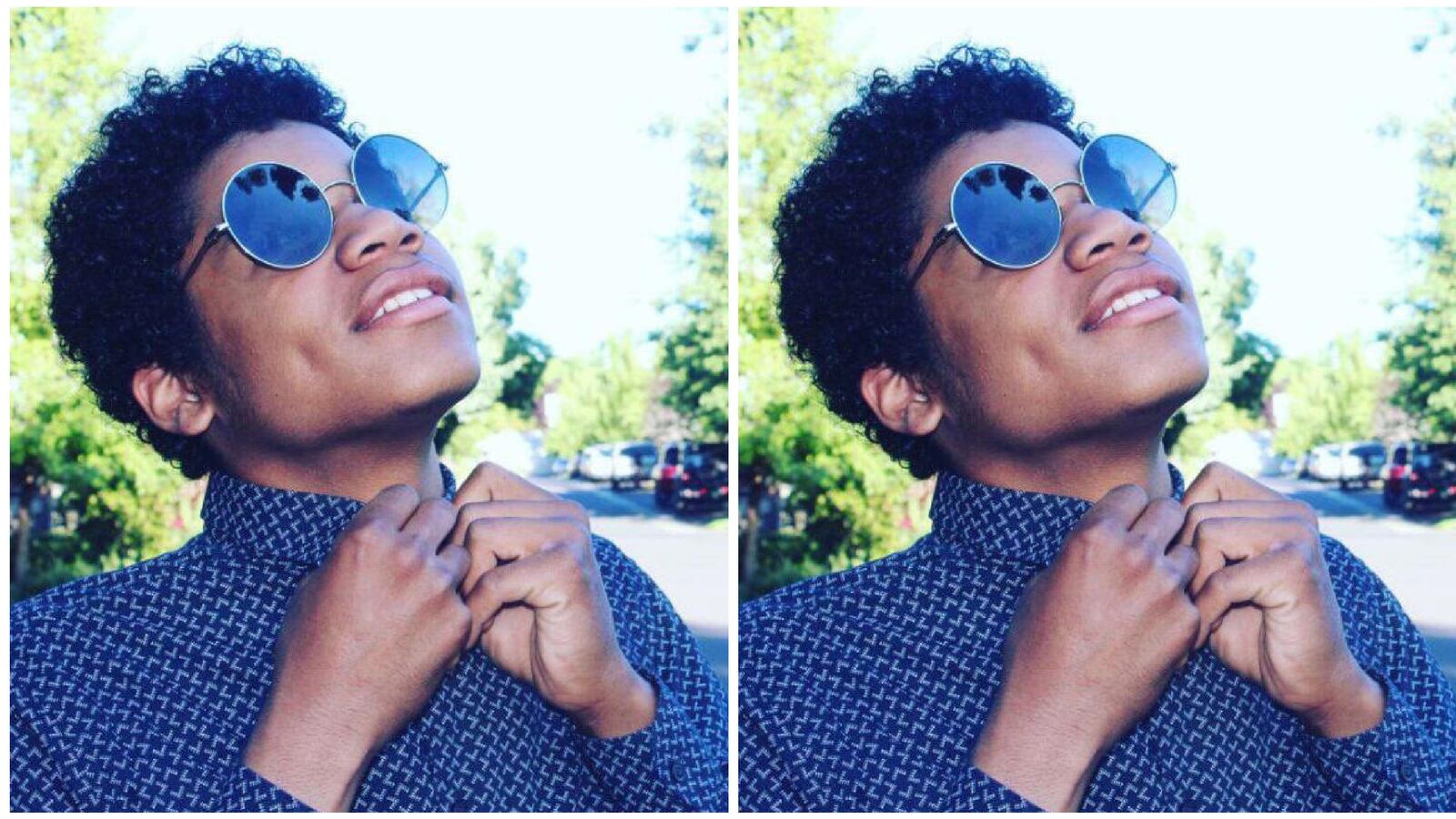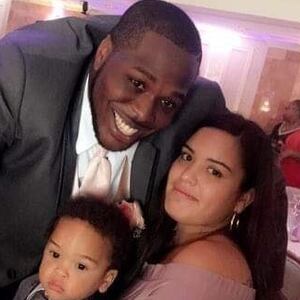A man who fatally shot a Black teenager at an Oregon hotel during a fight over loud music claims the killing was in self-defense—but the young man’s autopsy tells a different story, according to newly released court documents.
Robert Paul Keegan, 47, pleaded not guilty Friday to several charges, including second-degree murder, for the Nov. 23 shooting death of 19-year-old Aidan Ellison at the Stratford Inn hotel, the Jackson County District Attorney’s Office said.
Authorities say Keegan, who is white, fatally shot Ellison in the chest during an argument over the teen’s loud music from inside his car in the parking lot. He told officials that Ellison punched him in the face during their encounter, which he said prompted him to pull a gun out of his coat and open fire. However, an official autopsy report does not support that account, concluding the teenager’s body did not show injuries “that would have been indicative of him punching Keegan.”
Keegan’s face also had no visible sign of injuries, according to a newly unsealed probable cause affidavit filed in Jackson County Circuit.
“The only thing that caused this murder was suspect’s actions, 100 percent. It is completely immaterial what led up to it,” Ashland Police Chief Tighe O’Meara said in a Thursday statement. “Yes, there was an argument over music, no, this did not happen because of loud music, it happened because the suspect chose to bring a gun with him and chose to use it, 100 percent on him, not the poor young man that was murdered.”
The Ashland Police Department stated the incident began at around 4:20 a.m. on Nov. 23 after Keegan, who was staying at the Ashland hotel with his 3-year-old son after being forced from his home after a wildfire, became enraged with Ellison about the volume of music that was coming from inside his car.
According to the affidavit first obtained by The Oregonian, Keegan told police he’d asked Ellison to turn down the music that had awakened him, but the teenager refused. Keegan said he then got stressed “and collected his gun” before going downstairs to the hotel reception to complain.

The affidavit states a hotel employee went to the parking lot to talk to the young man and, as they were talking, Keegan “confronted Ellison,” who was also a hotel guest. Keegan told police Ellison made the first move during the argument, hitting him in the face with his fist.
In response, Keegan claimed he backed up, “racked a round, and shot Ellison in the chest because he was in fear for his personal safety,” according to the affidavit. The shot, which was fired at around 4:33 a.m. from a 9mm handgun, hit Ellison’s heart and lungs, according to the autopsy report. The affidavit also concluded that Ellison or Keegan did not have any injuries indicating a physical fight had occurred.
“Ashland Fire and Rescue responded to the scene to attempt to render aid, however, the man was beyond help,” police said in a statement, adding that the two did not know each other previously. “The suspect in the shooting was still on scene and was immediately detained, and later taken into custody.”
Keegan was swiftly arrested and his son was handed over to his grandparents. He is being held without bond at Jackson County Jail. His lawyer did not immediately return The Daily Beast’s request for comment.
The fatal shooting has sparked outrage across the state, including from one advocacy group that insisted Ellison’s death was “another example of Southern Oregon’s racist history with and current practice of white supremacy.” On Thanksgiving, dozens gathered for a vigil outside the Stratford Inn to honor the teenager, and another is scheduled for Dec. 2.
“To be clear, Aidan was murdered because he was a young black person who made a white man uncomfortable and refused to submit to that man’s personally perceived authority—not because he was listening to music too loudly,” the Southern Oregon Black Leaders, Activists and Community Coalition said in a statement. “Aidan’s murder isn’t a Black problem, but a community problem.”
“It is time that Southern Oregon make a real commitment to dismantling anti-Black racism, by committing time, energy, and the resources needed to create community conversations that unpack and address how white supremacy culture among white and non-Black people jeopardize the safety of Black people,” the group added.







